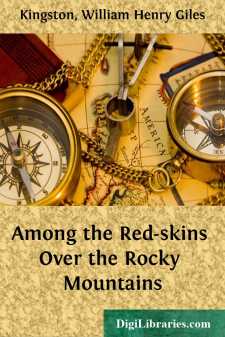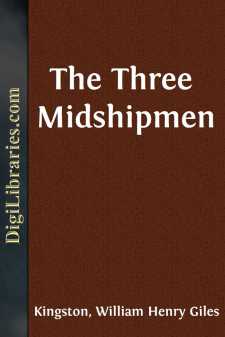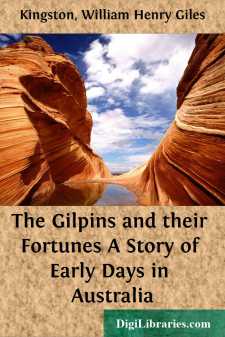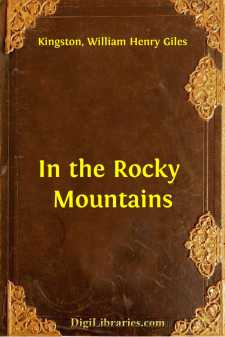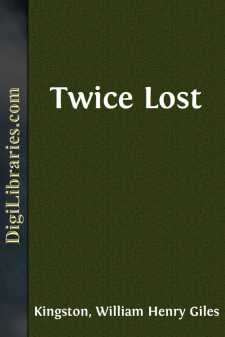Categories
- Antiques & Collectibles 13
- Architecture 36
- Art 48
- Bibles 22
- Biography & Autobiography 816
- Body, Mind & Spirit 145
- Business & Economics 28
- Children's Books 17
- Children's Fiction 14
- Computers 4
- Cooking 94
- Crafts & Hobbies 4
- Drama 346
- Education 58
- Family & Relationships 59
- Fiction 11834
- Foreign Language Study 3
- Games 19
- Gardening 17
- Health & Fitness 34
- History 1378
- House & Home 1
- Humor 147
- Juvenile Fiction 1873
- Juvenile Nonfiction 202
- Language Arts & Disciplines 89
- Law 16
- Literary Collections 686
- Literary Criticism 179
- Mathematics 13
- Medical 41
- Music 40
- Nature 179
- Non-Classifiable 1768
- Performing Arts 7
- Periodicals 1453
- Philosophy 66
- Photography 2
- Poetry 897
- Political Science 203
- Psychology 45
- Reference 154
- Religion 516
- Science 126
- Self-Help 85
- Social Science 82
- Sports & Recreation 34
- Study Aids 3
- Technology & Engineering 59
- Transportation 23
- Travel 463
- True Crime 29
Our website is made possible by displaying online advertisements to our visitors.
Please consider supporting us by disabling your ad blocker.
Peter Biddulph The Story of an Australian Settler
Categories:
Description:
Excerpt
The Settler’s Early Days.
From my earliest days to the present time I have been gradually climbing up the ladder towards a comfortable berth on the top; and if a ratlin has given way beneath my feet, I always have had a firm hold above my head. The first step I took was off the mud on to dry ground. I can recollect nothing clearly before that time. I was born on board a river barge, and never left it, winter nor summer, till I was fully six years old. One day the barge took the mud, which is not surprising, considering that I was the only person on deck. I ran to the helm to turn her head off the shore, but it was too late—there she stuck hard and fast. My mother was below, tending my father, and he lay dying. It was the barge’s last voyage, and his too. Both had seen much service. The barge never moved again, but went on rotting and rotting till the owner sold her and she was broken up.
Father died that night, and a boat came and took mother and me on shore, with father’s body, and such property as we possessed—not much, I fancy,—a kettle and pot, some plates, and knives, and cups, and a few clothes,—we hadn’t wanted furniture, and with these mother and I had to begin the world. She said things might have been worse, for she might have had a dozen children instead of one, and debts to pay—and she didn’t owe a farthing, which was a great comfort in her affliction.
My mother was indeed, while she lived, a very good mother to me, for she taught me to distinguish right from wrong, to love the former and to hate the latter. As may be supposed, she was very poor, and I was often without a meal. I know, too, that she frequently stinted herself to give me food. She lived on the banks of the Thames somewhere below London, and I very soon found my way down to the mud, where I now and then used to pick up odds and ends, bits of iron and copper, and sometimes even coin, and chips of wood. The first my mother used to sell, and I often got enough in the week to buy us a hearty meal; the last served to boil our kettle when we had any food to cook in it. Few rich people know how the poor live; our way was a strange one. My poor mother used to work with her needle, and go out as a charwoman, and to wash, when she could get any one to wash for, but that was seldom; and toil as hard as she might, a difficult matter she had to pay the rent of the little room in which we lived. She felt sorely the struggle she had to endure with poverty, for she had seen better days—far better, I suspect,—and was not accustomed to it. She was, I have reason to believe, well educated—at all events, much above most persons in the station in life she then occupied; and, young as I was, she taught me to read, and to repeat poetry, and to sing psalms; and though I forget nearly all the events of my life at that time, I remember many of the verses she taught me; they have been a wonderful comfort to me through life. My mother had married unwisely, I have no doubt, and if she ever had any relations, they discarded her; so she was very soon reduced to the condition I have described, aided by an illness which at length terminated in her death....




